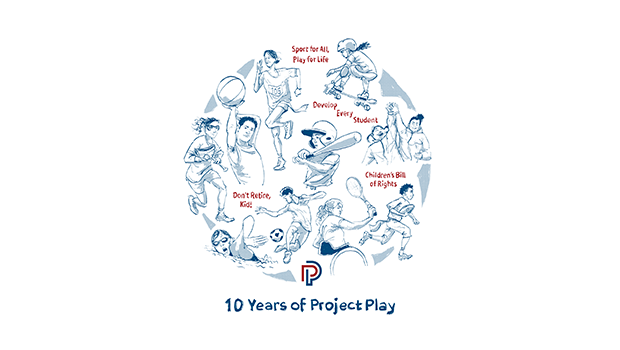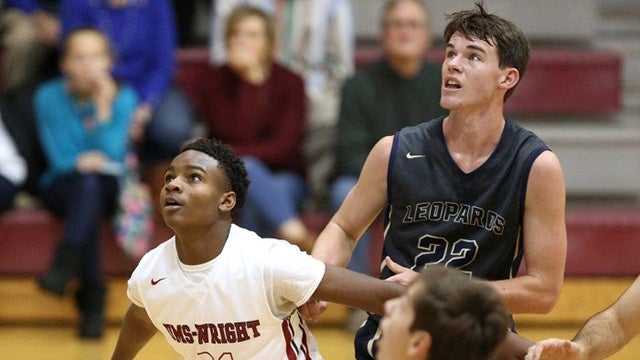Following a 2018 U.S. Supreme Court ruling that opened the door for states to legalize sports betting, many have taken the opportunity to do just that. Sports betting is now legal in more than 30 states, 18 of which boast online sports betting, generating new tax revenue for state budgets across the country. Anticipating the wave of state-based legalization, the Aspen Institute proposed using a cut of any proceeds from sports betting to support community-based recreation. That vision is becoming a reality.
In April 2021, championed by Assemblymember Monica Wallace, New York became the first state to carve out funding for youth sports nonprofits as part of their mobile sports betting bill. A grant program operated by the Office of Children and Family Services in New York will be seeded with 1% of the tax revenue from mobile sports betting in the state in year one, and $5 million per year each year thereafter. With a projected $249 million in revenue in FY2022, including $200 million in already collected license fees, the newly authorized youth sports nonprofit grant program projects a nearly $2.5 million budget in year one (ending March 31, 2022). Combined with its FY2023 budget of $5 million, this grant program will be a potential game-changer for sports-based youth development organizations and other potential beneficiaries across the state this calendar year.
Following the passage of New York’s bill, the PLAY Sports Coalition (PLAYS), formed in March 2020 and representing nearly 4,000 youth sports organizations, has picked up the mantle of advocating for youth sports funding from new states legalizing mobile sports betting. In December 2021, Ohio Governor Mike DeWine signed that state’s new mobile sports betting bill into law, creating a “sports gaming profits education fund” that will be funded with 98% of the tax proceeds. In-person testimony from coalition members Lindy Infante Foundation and America SCORES Cleveland, supplemented by written testimony from PLAYS, helped educate Ohio lawmakers on this issue prior to the bill’s passage.
It is heartening and worth remembering that grassroots organizations armed with the lived experience of their community members and compelling data can make a meaningful difference in the legislative process. As written in the bill, “Fifty percent of the funds in the sports gaming profits education fund shall be used to support interscholastic athletics and other extracurricular activities for students in grades kindergarten through twelve.” With an estimated $24 million in tax revenue in the first fiscal year, upwards of $12 million could be made available to school-based and afterschool sports programs in Ohio in year one.
Another state where PLAYS is engaged on this issue is Massachusetts, which is keen to pass mobile sports betting this year. The House version of the mobile sports betting bill that passed last summer calls for 20% of the tax revenue to be allocated to a newly established Youth Development and Achievement Fund. This fund would be used equally for providing financial assistance to students enrolled in higher education programs, literacy programs, English language learning programs, academic tutoring, art, theater and music programs and community service programs, and funding after-school and out-of-school activities, including youth athletics and other activities that improve student health. The fund would also provide matching grants to elementary and secondary youth sports and organizations. PLAYS is working to strengthen and codify the youth sports allocation in subsequent versions of the Massachusetts bill before passage.
More states are poised to pass similar legislation in the coming years. There is also the possibility of introducing “trailer” legislation to amend how tax revenue from sports betting is allocated in states that have already passed it. While the PLAY Sports Coalition doesn’t advocate for the legalization of sports betting, the opportunity to use this new-found revenue for positive benefit to community sports programs will only grow.
Jared Cooper is the acting advocacy director for the PLAY Sports Coalition, a Project Play Champion, and director of social impact at LeagueApps, a Project Play 2024 member organization.

